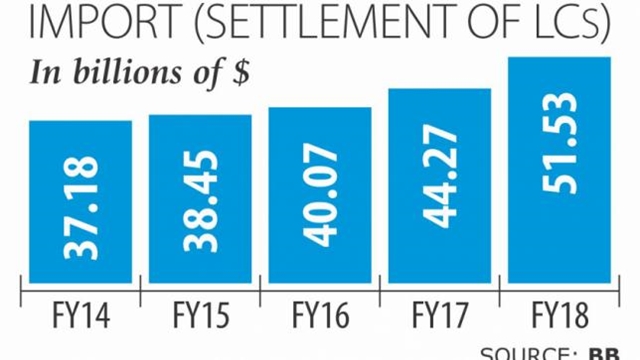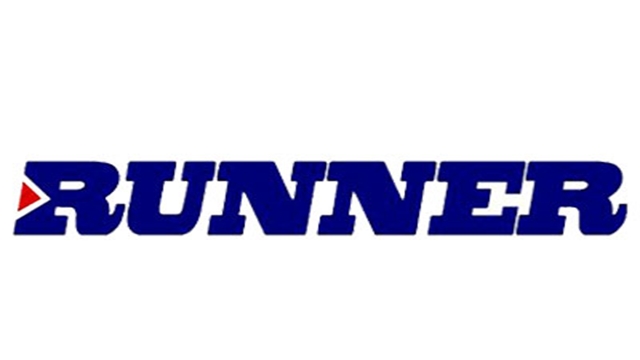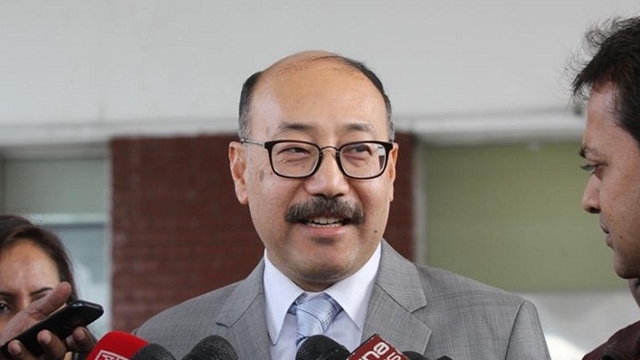Rubel Rana
Published:2018-08-09 16:10:09 BdST
Imports hit all-time high
FT ONLINE
For the first time in Bangladesh's 47-year history, imports crossed the $50 billion mark in a single fiscal year, fuelling fears of inflation and further depreciation of the local currency against the dollar.
In fiscal 2017-18, letters of credit settlement stood at $51.53 billion, up 16.40 percent year-on-year, on the back of rising demand for food grains and petroleum products.
Rice imports ballooned more than 23 times to $1.71 billion thanks to abnormal flooding last year that destroyed crops.
Import of petroleum products stood at $3.34 billion last fiscal year, up 32.70 percent year-on-year, according to data from the Bangladesh Bank.
The requirement for petroleum products has increased significantly in recent times as a number of fuel-based power plants are being set up to meet the growing demand for electricity, said Syed Mahbubur Rahman, managing director of Dhaka Bank.
The recent price surge in global oil market also played a role in increasing the payment for the item last fiscal year.
The bulky import bill caused a large trade gap and current account deficit last fiscal year, and in the process, depreciation of the exchange rate against the dollar, said Rahman, also the chairman of the Association of Bankers, Bangladesh, a platform of the chief executives of private banks.
On June 30, the inter-bank exchange rate stood at Tk 83.75 per dollar, up from Tk 80.60, according to data from the BB.
M Kamal Hossain, managing director of Southeast Bank, forecasted further widening of the current account deficit as a large amount of private sector foreign loans would mature next year.
Some unscrupulous persons might be laundering money in the name of imports by over-invoicing, which might have pushed up the import bill, said AB Mirza Azizul Islam, a former caretaker government adviser.
Typically, over- or under-invoicing is done for import of industrial raw materials and capital machinery.
Last fiscal year, import of industrial raw materials increased 12.36 percent year-on-year to $18.22 billion and that of capital machinery 4.48 percent to $4.66 billion.
The opening of overall LCs stood at $69.42 billion last fiscal year, up 44.25 percent from a year earlier.
“The huge import growth will also stoke inflation,” Islam added.
Unauthorized use or reproduction of The Finance Today content for commercial purposes is strictly prohibited.










